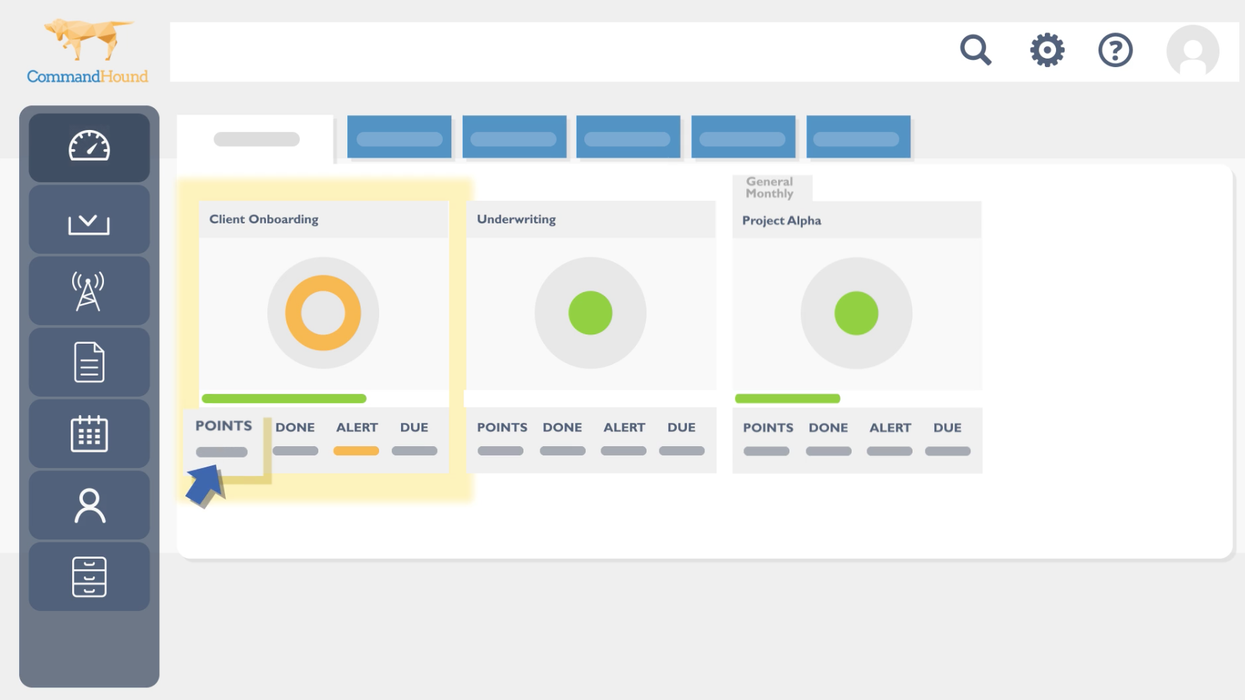Editor's note: The theme of the week here at InnovationMap was creative collaborations and rapid growth. Check out this week's top stories in Houston innovation.
10 most promising Texas startups revealed at inaugural Houston summit

Station Houston CEO Gabriella Rowe and Rice Alliance Managing Partner Brad Burke named 10 startups to watch. Photo by Natalie Harms
Texas is booming with digital startups, and Station Houston and the Rice Alliance for Technology and Entrepreneurship hosted a meeting of the minds to discuss the digital revolution at the inaugural Texas Digital Summit at Rice University on December 6.
Thirty-nine companies presented throughout the day; among the group were 26 from the Houston area. At the conclusion of the day, Gabriella Rowe, CEO of Station Houston, and Brad Burke, managing director of the Rice Alliance, announced 10 "most promising companies" that stood out to a group of investors who attended the event.
All 10 selected were Texas-based, with eight from the Houston area. Here's who the venture capitalists and investors picked for the prize. Read the full story here.
Houston creatives relaunch nonprofit's brand through a 3-day collaboration

Allison Williams, who has been working with the Transformational Prison Project for two years, attended Good Measure to consult on the brand development. Alan Nguyen/Good Measure
What if you could harness the power of a city's top creative professionals to create a brand identity for a nonprofit that otherwise couldn't afford it? Alex Anderson posed that question to some of his colleagues, and Good Measure was born.
"Good Measure exists to broaden the conversation about good in the world and what that means and how people can contribute to good no matter their skill set," says Anderson, who is a senior brand strategist and account manager at Houston-based NUU Group.
Good Measure is a Houston-based nonprofit that hosts three-day creative collaborations with local designers, writers, brand strategists, and more. The goal is simple: Equip a nonprofit with new storytelling tools — like a website, social media, and video communicating the organization's message. Read the full story here.
Growing Houston company makes pipeline data more accessible for natural gas trading

Jay Bhatty looked at how pipeline data reached traders and thought of a better way. Getty Images
In the energy capital of the world, Houston entrepreneur Jay Bhatty has established a rapidly growing technology hub for the natural gas industry.
Bhatty, a veteran of the natural-gas-trading business, founded Houston-based NatGasHub.com in October 2016 to streamline the traditionally complicated processes of moving natural gas from one point to another, and of unearthing data about natural gas pipelines. After only a little over two years in business, NatGasHub.com already is profitable — a rare feat in the startup world. Read the full story here.
3 Houston innovators to know this week

These three entrepreneurs didn't see their careers coming. Courtesy photos
The career paths of startup or innovation leaders isn't usually a direct path. All three of this week's innovators to know took a roundabout way to their current gigs, which included a leap of faith or two for each of them. If their winding careers are any indication, they've got more exciting leadership ahead. Read the full story here.
Houston electronics manufacturing company gears up for growth

Houston-based MacroFab has created the Uber or Airbnb of electronics manufacturing. Getty Images
It takes an unnecessarily long time for electronic devices to get from idea to reality — and much of that is due to inefficiency in manufacturing. Just getting a prototype together takes weeks of back and forth between the engineer and the manufacturer.
"The business model for contract manufacturing hadn't changed in 30 years," Chris Church says. "It was phone calls, emails, going out and playing golf, going to lunch, and negotiating everything endlessly."
Houston-based MacroFab is addressing these antiquated and outdated ways of manufacturing and changing the way electronics manufacturing is done. For its revolutionary work, the company has consistently seen its revenue at least double — sometimes tripling or quadrupling — every year, and projects to at least triple in 2019. Read the full story here.












 Apple doubles down on Houston with new production facility, training centerPhoto courtesy Apple.
Apple doubles down on Houston with new production facility, training centerPhoto courtesy Apple.





